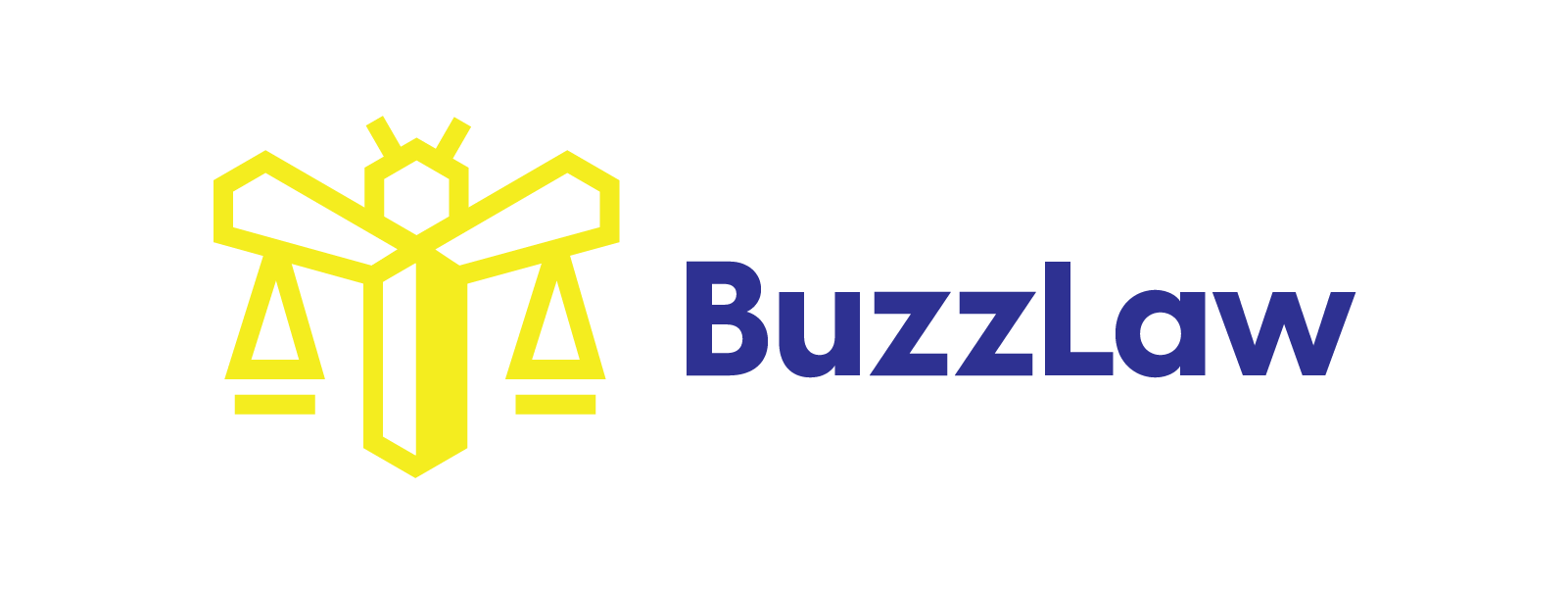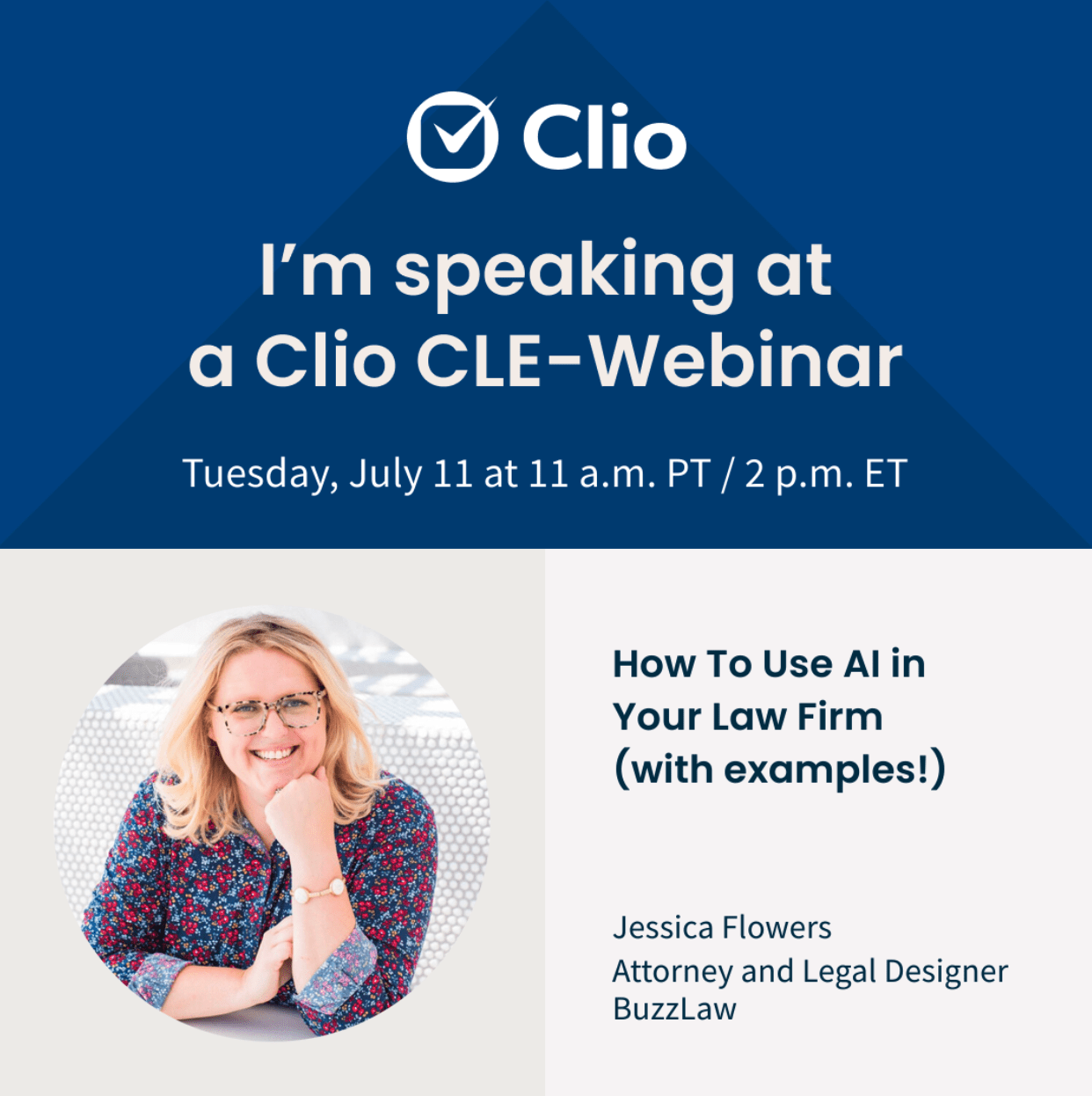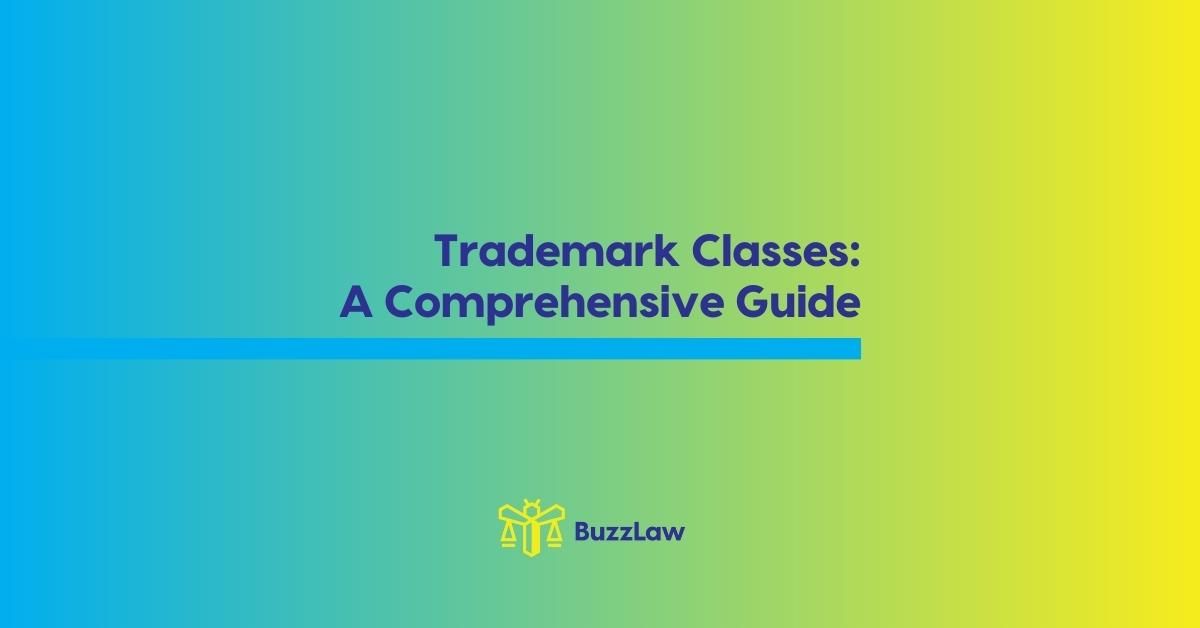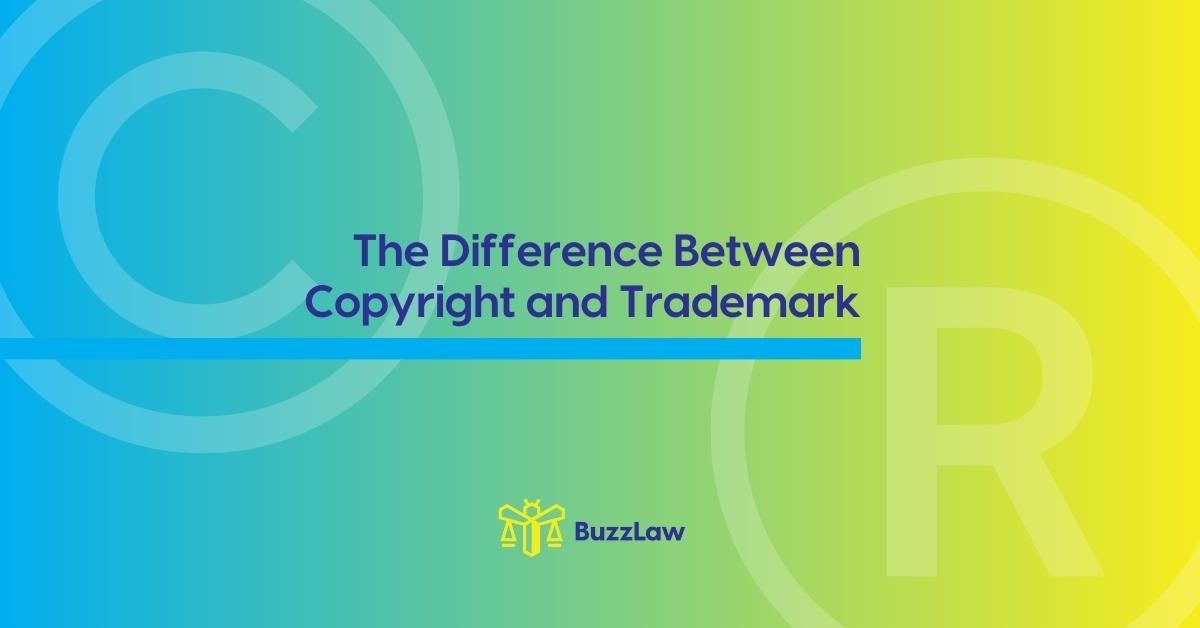We are commonly asked, “So, what is the difference between copyright and trademark? And why does it matter?” The short answer: copyright and trademark are two distinct forms of intellectual property protection that serve different purposes.
Whether you’re an artist, writer, entrepreneur, or simply want to learn more about intellectual property, understanding these differences is crucial for protecting your creative works and building a strong brand presence.
The Key Differences between Trademark and Copyright
While both copyright and trademark protect intellectual property, their purposes and application processes differ significantly:
| Copyright | Trademark | |
| Purpose | protects the original expression of ideas and creative works, ensuring the rights of authors, artists, and creators | protects brand identity, preventing consumer confusion and unfair competition in the marketplace |
| Subject Matter | protects creative works, like books, music, visual art, films, software, and more | protects brand names, logos, slogans, and distinctive elements associated with goods or services |
| Application Process | automatic upon creation, but creators may choose to register their works with copyright offices to obtain additional benefits, such as the ability to sue for statutory damages | requires proactive registration with the relevant trademark offices, demonstrating current or intended use of the trademark in commerce |
| Duration | generally lasts for the creator’s lifetime plus a certain number of years, typically 70 years after the creator’s death | can potentially last indefinitely, as long as the mark is actively used in commerce and the statutory renewal requirements are met |
| Scope of Protection | grants the creator exclusive rights to reproduce, distribute, display, and perform their work | prevents others from using similar marks in related industries, protecting the brand identity and reputation |

Copyright: Protects Creative Works
Copyright is a form of legal protection granted to original creative works such as literary works, music, art, films, software code, and more. It provides exclusive rights to the creator, allowing them to control the reproduction, distribution, display, and performance of their work.
Copyright protects the expression of ideas, not the ideas themselves. It grants the creator exclusive rights, preventing others from copying or using their work without permission.
Nature of Protection
Copyright protects the expression of ideas, not the ideas themselves. It grants the creator exclusive rights, preventing others from copying or using their work without permission.
Automatic Protection
Copyright protection is automatic upon the creation of a work. There is no requirement for registration or formalities, although registering with copyright offices can provide additional benefits.
Duration
Copyright protection generally lasts for the creator’s lifetime plus a certain number of years after their death, varying depending on the jurisdiction and nature of the work.

Trademark: Protects Brand Identity
Trademarks, on the other hand, protect brand names, logos, slogans, and other distinctive elements that distinguish goods or services in the marketplace. Unlike copyright, trademark protection extends beyond creative works to cover the commercial aspects of branding.
Brand Protection
Trademarks protect the distinctive elements that identify and differentiate products or services in the marketplace. They create brand recognition and establish consumer trust.
Scope of Protection
Trademark protection applies to specific classes of goods or services. Registering a trademark with the appropriate authorities provides exclusive rights and prevents others from using similar marks in related industries.
Renewability
Trademarks require regular renewal to maintain protection, usually every 10 years, as long as the mark is actively used in commerce.
By understanding the differences between copyright and trademark, creators and businesses can effectively protect their creative works and build strong brand identities. Contact BuzzLaw today for a free consultation to ensure proper protection for your brand!





